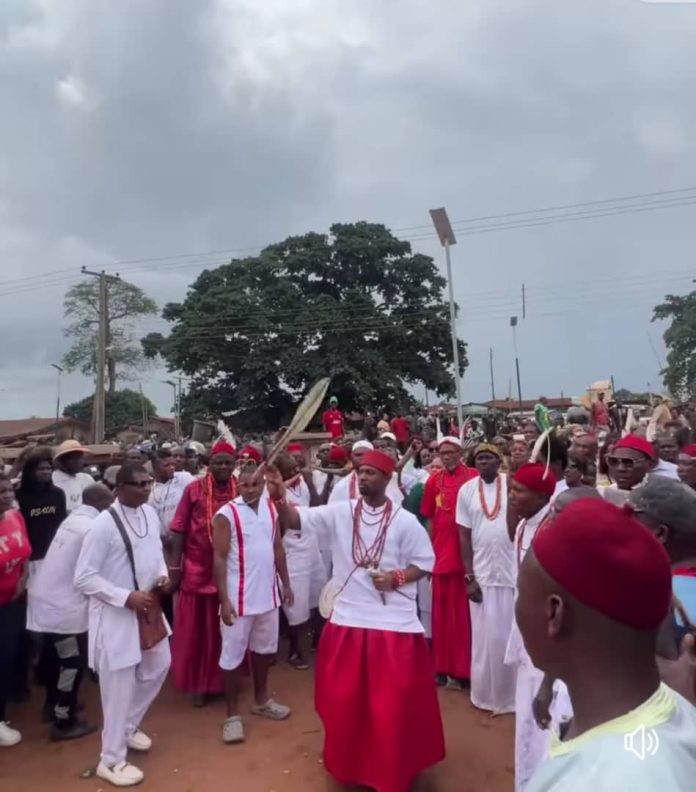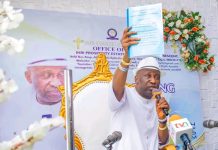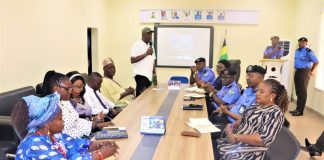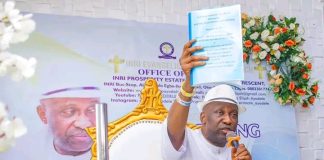By Emeka Esogbue
The Issele-Uku Kingdom is gradually emerging as the cultural hub of the Anioma nation and the recently held Ine Festival of the community confirms it.
While several Anioma communities are unable to ethno-culturally stand firm, the Issele-Uku, despite the ethno-historical distractions, has practically sustained their Anioma integrity, refusing to be swayed.
It seems that the kingdom’s royal family, Obi Engr Nduka, the Obi of Issele-Uku, and traditional institutions have carved out a sense of belonging for the Anioma cultural community.
It is not surprising that the shared values, beliefs, customs and tradition of the people have become shaped. People’s perceptions of themselves and their behaviour have also been formed individually.
The powerful feeling of Issele-Uku identity can be shown through an interactive encounter with the community known chiefs.
Understanding the ethno-cultural sense of belonging of Issele-Uku, the Oligbo Kingdom, is crucial in today’s Anioma cultural society where several legends of origins of several communities sway.
Over the time, the ethno-cultural sense of belonging of the people has helped to foster appreciation, tolerance, and cooperation among the diverse groups of the community, helping to make the cultural syncretism that happened centuries ago stronger.
This year’s Ine’s edition not only shows an improvement but speaks of an achievement that defines the group’s cultural narrative and other characteristics.
The ethno-historical identity, and group-member identification of Issele-Uku as Anioma is strong thereby influencing social interactions and relationships among the people.
Indeed, the Anioma cultural advocates have Obi Engr Nduka, the traditional ruler to thank for the promotion of the kingdom’s culture, the same way, the Anioma culture enthusiasts have Arc Kester Ifeadi, the Organization For the Advancement of Anioma Culture (OFAAC) to thank for the preservation abd promotion of Anioma culture.
If for anything, OFAAC worked assiduously to guarantee the Anioma cultural identity.















